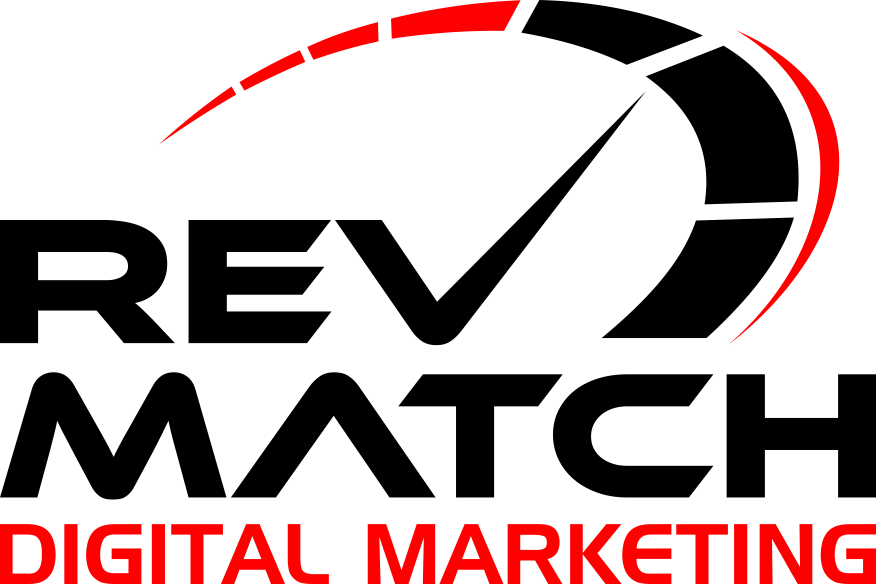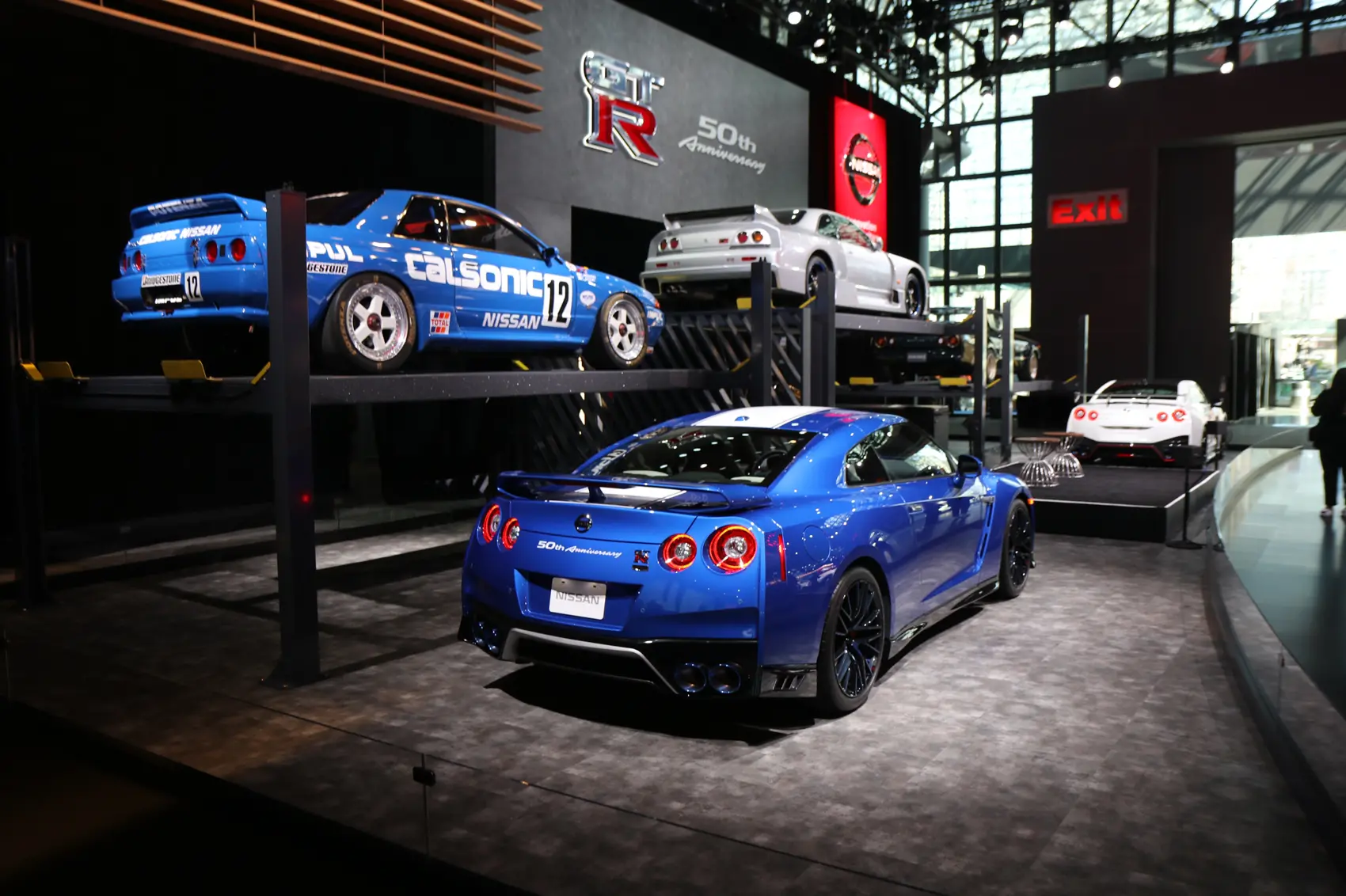by Mike Graham
In the fast-paced world of automotive sales and service, staying ahead of the curve is essential for success. The advent of digital marketing has transformed how car part manufacturers, car care brands, and auto-focused lifestyle brands engage with their audiences, offering powerful tools that drive growth and customer loyalty. From social media campaigns to data-driven strategies, digital marketing has become a game-changer in the automotive industry. Let’s explore how digital marketing is reshaping the automotive landscape and why it’s crucial for businesses aiming to thrive in today’s competitive environment.
Enhanced Customer Reach and Engagement
One of the most significant advantages of digital marketing is its ability to reach a vast audience. Traditional advertising methods like TV, radio, and print media have limited reach compared to the global scope of the internet. Digital marketing channels, such as social media, search engines, and email, allow automotive businesses to connect with potential customers in ways that were previously impossible.
Email marketing: Email marketing remains a cornerstone of digital marketing in the automotive industry, offering a direct and personalized way to engage with both potential and existing customers. Through well-crafted email campaigns, automotive businesses can share updates about new vehicle models, special promotions, and service reminders with a targeted audience. By segmenting email lists based on customer behavior and preferences, dealerships can tailor their messages to specific groups, increasing relevance and engagement. Effective email marketing not only drives conversions and repeat business but also fosters a sense of connection and loyalty among customers.
Social Media: Platforms like Facebook, Instagram, and Twitter offer targeted advertising options that enable automotive brands to reach specific demographics based on factors like location, interests, and behavior. Engaging content, such as high-quality images, videos, and interactive posts, can captivate audiences and foster a community around a brand.
Search Engine Optimization (SEO): By optimizing their websites for search engines, automotive businesses can improve their visibility when potential customers search for relevant keywords. High search rankings increase the likelihood of attracting organic traffic, which often translates into higher quality leads.
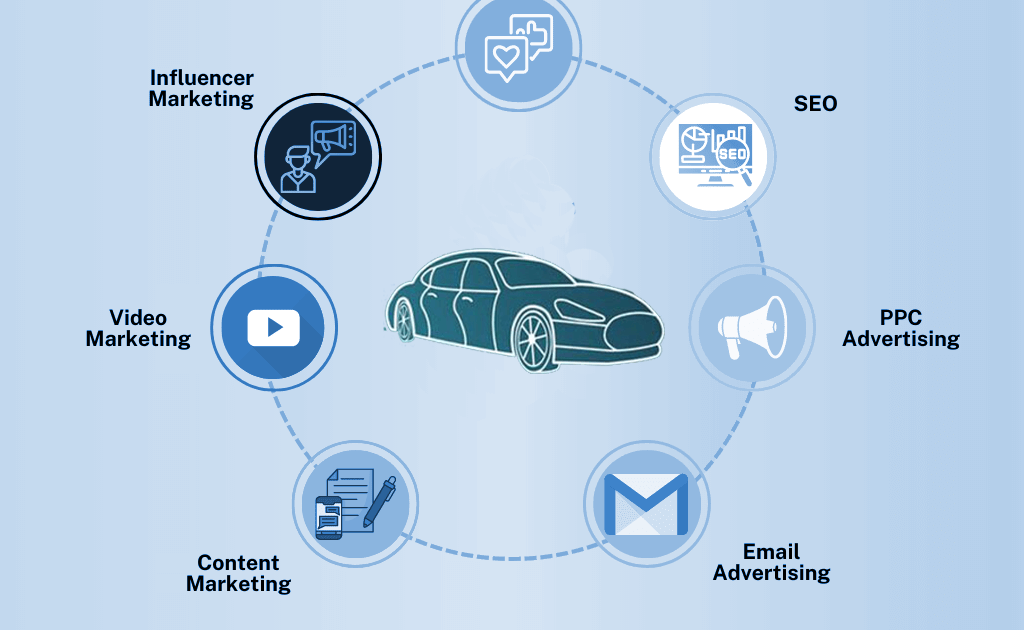
Data-Driven Decision Making
Digital marketing provides valuable insights into customer behavior and campaign performance. Through analytics tools, automotive businesses can track metrics such as website traffic, conversion rates, and engagement levels. This data enables marketers to make informed decisions, refine strategies, and allocate resources more effectively.
For example, by analyzing which digital channels are driving the most traffic and conversions, a dealership can allocate its budget to the most effective platforms. Additionally, understanding customer behavior patterns helps in crafting personalized marketing messages that resonate with the target audience.
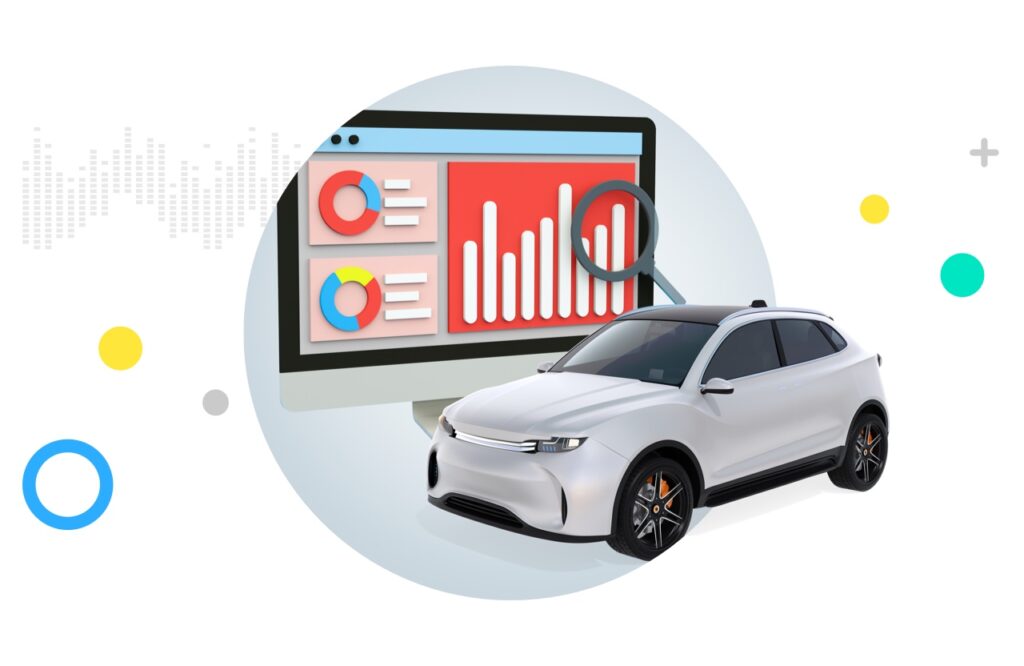
Personalization and Customer Experience
Personalization is a key driver of success in digital marketing. Automotive companies can use data to create tailored experiences for potential buyers, enhancing their overall journey. For instance, personalized email campaigns can target individuals based on their previous interactions with the brand, such as browsing specific car models or signing up for newsletters.
Retargeting: This technique involves serving ads to users who have previously visited a website but did not complete a purchase or inquiry. Retargeting keeps the brand top-of-mind and encourages potential customers to return and complete their decision-making process.
Dynamic Content: Automotive websites can feature dynamic content that adapts to the visitor’s interests and behavior. For example, a visitor who frequently views electric vehicles can be shown related content and promotions, increasing the likelihood of conversion.
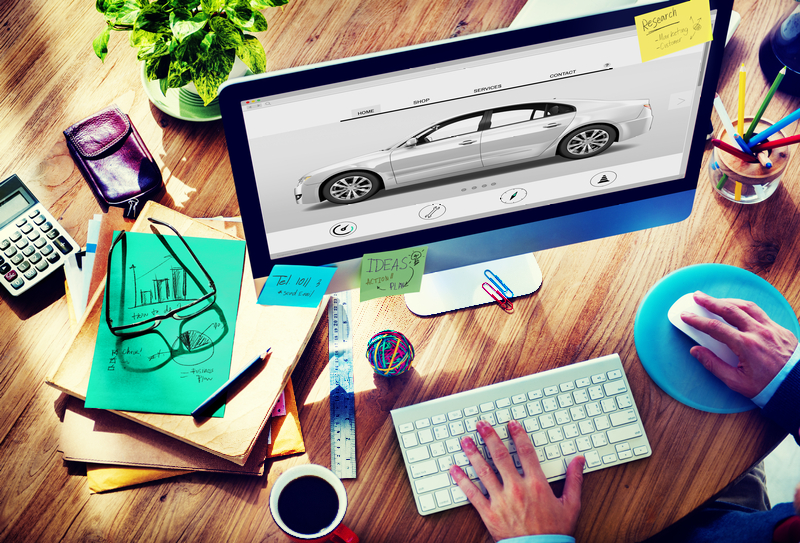
Cost-Effectiveness and Flexibility
Compared to traditional advertising, digital marketing is often more cost-effective and flexible. With options like pay-per-click (PPC) advertising and social media ads, automotive businesses can set budgets that align with their financial goals and adjust them as needed. This flexibility allows for real-time optimization of campaigns to achieve better results.
Additionally, digital marketing campaigns can be launched quickly, enabling automotive brands to respond to market trends and customer needs in a timely manner. Whether promoting a new car model or offering a limited-time service discount, digital marketing provides the agility needed to stay competitive.

Building Brand Loyalty and Trust
Creating a strong online presence helps automotive businesses build brand loyalty and trust. Consistent, high-quality content and engaging interactions with customers foster a positive brand image. Online reviews and testimonials also play a significant role in shaping perceptions.
Online Reviews: Positive reviews on platforms like Google and Yelp can greatly influence potential customers’ decisions. Encouraging satisfied customers to leave reviews and addressing any negative feedback promptly can enhance credibility and trustworthiness.
Content Marketing: Sharing valuable content, such as blog posts, videos, and expert advice, positions the brand as an authority in the automotive industry. This content not only attracts potential customers but also nurtures existing relationships, contributing to long-term loyalty.

Digital marketing has revolutionized the automotive industry by offering innovative tools and strategies that enhance customer engagement, drive growth, and build brand loyalty. From expanding reach and personalizing experiences to leveraging data and optimizing costs, digital marketing provides a competitive edge that traditional methods cannot match. For automotive businesses looking to succeed in a dynamic marketplace, embracing digital marketing is not just an option—it’s a necessity. By staying ahead of digital trends and continuously adapting strategies, automotive brands can navigate the complexities of the modern market and achieve lasting success.
